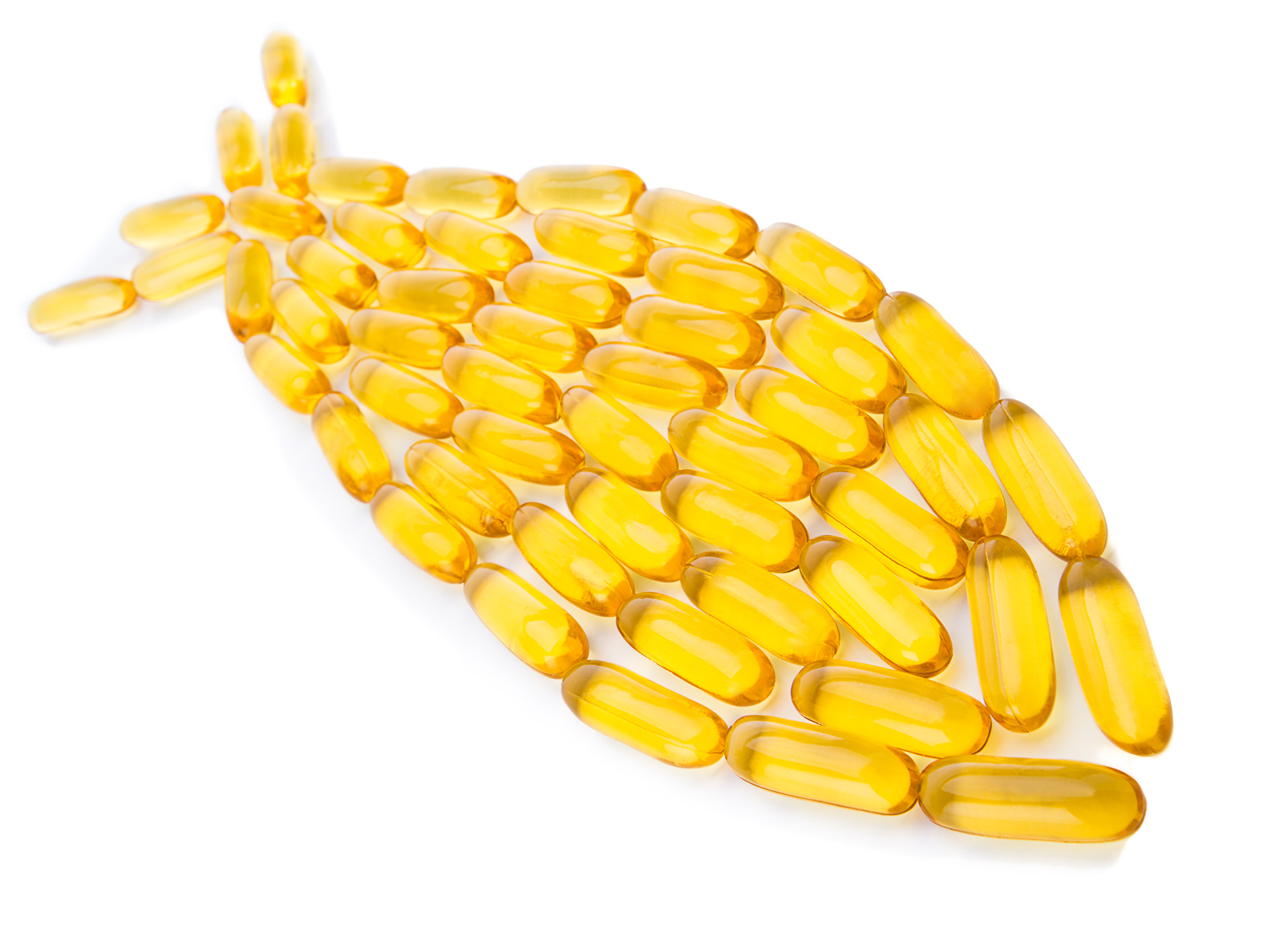Fish Oil Processing
Fish Oil Processing – Get the Facts
Let’s admit it; when we are out to purchase a fish oil dietary supplement, the last thing we pay attention to is fish oil processing.
Most of us just look at the ingredients, how rich a particular brand is with regards to omega 3 fatty acids content. Nevertheless, what we should never overlook is fish oil processing, i.e. what systems or process was applied when the oil was removed from the fish.
Simply because, what you should always contemplate is the fact that not all fish oil products have the same quality.
Therefore, let’s investigate a little bit further into the matter of fish oil processing.

While the majority of the manufacturers are ready to say that their products satisfy the best possible quality requirements, the sad reality is that their attention is centered first on cost cutting and then on quality.
By and large, many of the well known products are produced from fish which have been processed a long distance from the place they were caught.
You see, it’s a matter of economies of scale. It’s much less costly to capture fish in big numbers and carry them on big ocean going tankers (thus spreading the cost with other activities) to a large processing factory, rather than process them on site in smaller numbers.
What’s the end result of this bad practice? Well, to be able to fully grasp the issue, just think of it like this: When you need to prepare fish for supper, the first thing you do when you visit your local fish market is smell the merchandise. If it smells too “fishy”, then this means that the fish is not fresh.
The same is true for fish oil. If it is not made out of freshly caught fish, then it will carry an unpleasant scent and, if you swallow the capsule, you are most likely to get a nasty, “fishy” aftertaste.
To make matters worse, another issue that fish oil processing has to take into account is ocean pollution. The sad truth of the matter is that a good many of the world’s oceans are polluted with all sorts of dangerous pollutants like heavy metals (mercury, cadmium, lead etc), PCBs, dioxins etc.
All around the globe, there are only very few places that are clear of contamination: The most famous of these are the coasts off Alaska, Norway and New Zealand.
Therefore, in conclusion, your main concern when looking into the fish oil processing is twofold:
1. Discover whether the producer processes the fish at a close distance from the place they are caught.
Alternatively, have a look at the product documentation about a number called TOTOX value. This measures the extent of oxidization of the product in question. The lower it is the better. Check whether it conforms with international standards, information which should also be disclosed by the manufacturer.
2. Speaking about purity (the degree to which the product is pollution free), check about the method of fish oil processing. The best method by far is molecular distillation.
Molecular distillation should be used even in the case that the fish that it comes from, swims in pristine waters like the ones I described above. Aside from man, nature also produces pollution. Volcano eruption is a good example of natural activity, which produces tons of pollution!












Recent Comments